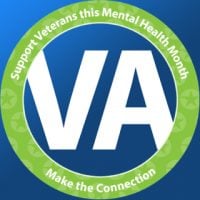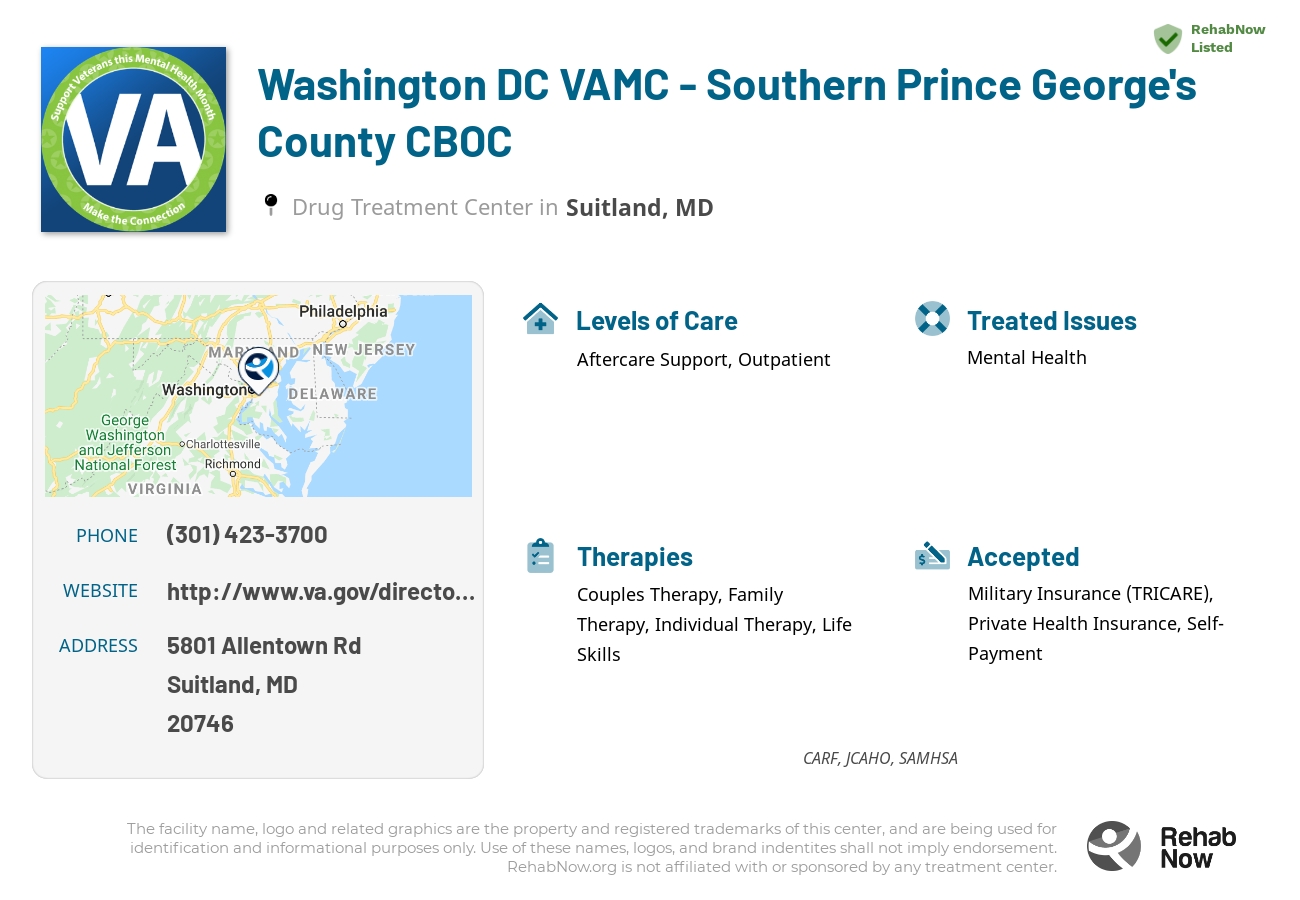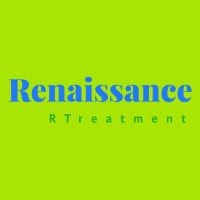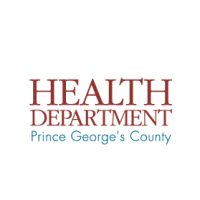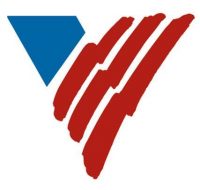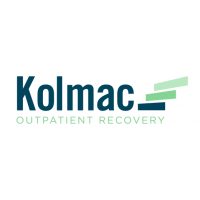Washington DC VAMC - Southern Prince George's County CBOC
Drug Rehab Center in Suitland, Maryland
The Washington DC VAMC - Southern Prince George's County CBOC provides comprehensive health care services and addiction treatment for veterans and their families in Maryland, Virginia, and the District of Columbia.
About This Suitland, MD Facility
Washington DC VAMC - Southern Prince George's County CBOC, located in Suitland, MD, is a unique outpatient clinic providing comprehensive primary and specialty health care services to veterans and their families. With a focus on medical, physical, psychological, and social needs, this clinic is staffed by professionally trained personnel.
• Offers addiction treatment, counseling, educational services, and medication-assisted treatment for veterans with mild to severe alcohol and/or drug dependencies
• Provides specialized veteran-focused services for family members affected by addiction and trauma, fostering a supportive recovery environment
• Accredited by The Joint Commission and licensed by the Department of Behavioral Health as an outpatient program
The CBOC has been recognized with two awards for excellence in serving veterans, and its staff receives ongoing training in the latest evidence-based addiction and mental health treatment protocols.
In addition to addressing substance abuse issues, Washington DC VAMC - Southern Prince George's County CBOC offers peer support recovery services, referrals for housing, employment, and legal services, as well as a veterans' court referral program.
Genders
Ages
Modality
Additional
Accreditations
SAMHSA

JCAHO

CARF
The Commission on Accreditation of Rehabilitation Facilities (CARF) is a non-profit organization that specifically accredits rehab organizations. Founded in 1966, CARF's, mission is to help service providers like rehab facilities maintain high standards of care.
Conditions and Issues Treated
Opioid addiction involves addiction to legal or illegal opioids. It may happen very quickly with any opioid use. Sometimes within a matter of days. Opioid addiction is a known as a high-risk factor for future heroin addiction.
Opioid withdrawal can be extremely uncomfortable and lead the user to continue to use even if they want to quit. Stopping using an opioid requires careful medical observation. Sometimes the withdrawal can persist for many weeks, which can put the user at a high risk for relapse.
It is recommended to receive inpatient treatment and a medically supervised detox like those offered at Washington DC VAMC - Southern Prince George's County CBOC in Suitland, MD, MD, to manage the withdrawal process while learning lasting tools to maintain recovery. In some circumstances medications can be used to manage opioid addiction.
People with dual diagnosis have coexisting addiction and a mental disorder. 9.2 million US adults had a co-occurring disorder in 2018, so not just limited to Maryland residents. Best treatment combines medication, psychotherapy (talk therapy), support group, and inpatient rehabilitation. Sometimes, complementary therapies – yoga, massage, and acupuncture – may also be used.
Levels of Care Offered
This center offers a variety of custom treatment tailored to individual recovery. Currently available are Aftercare Support, Dual-Diagnosis, Inpatient, Intensive Outpatient, Outpatient, with additional therapies available as listed below.
Inpatient rehab is intended to treat severe addictions and co-occurring disorders. The length of stay in Maryland varies from four weeks to six months according to the individual needs. Inpatient rehab ensures that the patient stays in a substance-free environment at Washington DC VAMC - Southern Prince George's County CBOC.
Intensive outpatient programs mostly conduct meetings on weekdays. Group therapy is the main element in most intensive outpatient programs. Most IOPs last for about 90 days and include drug use monitoring and testing. A Maryland IOP, like what’s offerd at Washington DC VAMC - Southern Prince George's County CBOC, take much more time than a standard outpatient program. Some programs offer other services as well, such as employment assistance and medication management.
Outpatient treatment can be considered the lowest intensity level of addiction treatment in Suitland, MD. It is ideal for early phase addiction or lower intensity addictions. Washington DC VAMC - Southern Prince George's County CBOC peer group support, 12-step programs, and individual counseling may still be involved.
After treatment, addiction treatment can be frightening for newly sober people. Aftercare support provided by Washington DC VAMC - Southern Prince George's County CBOC is designed to give resources and help on a continued basis. It can involve finding housing in and around Maryland, setting up 12-step meeting groups, continued medical monitoring, and counseling.
Washington DC VAMC - Southern Prince George's County CBOC‘s Therapies & Programs
Individual therapy aims to identify the core issues that would have led the patient to substance abuse and address the root cause effectively. Patients find the therapist as a person who they can trust. It helps them to open up and discuss personal and sensitive issues, which they may not be comfortable discussing in a group.
Couples therapy is an approach wherein the patients and their partners are engaged together as a part of the treatment process. When a person becomes a victim of substance abuse, it affects the patient and the people around him, particularly his partner. Their relationship can become strained due to lack of communication, financial issues, loss of trust, lack of intimacy, and physical abuse in more severe cases.
Couples therapy addresses these issues and tries to rebuild the trust between the partners. The partner’s involvement in the process will result in greater chances of treatment success and sustained recovery.
Family therapy is a set of therapeutic approaches that assumes that the entire family is a system. It utilizes the strengths and resources of the family to help the patient refrain from resorting to substance abuse. It helps to repair relationships and improve communication between family members.
Group therapy happens at Washington DC VAMC - Southern Prince George's County CBOC in a controlled group environment, as opposed to a one-on-one setting. It supports Suitland, MD patients’ recovery by offering a sense of comfort and letting them know that they are not alone. Through shared conversations, patients also learn to develop faith and understanding and gain insight on their addictions.
Unresolved trauma is often a key reason why many patients resorted to substance abuse. Trauma therapy refers to treatment wherein specialist therapists help the patients to resolve the trauma that led the patients to substance abuse. The trauma could be physical abuse, sexual abuse, war, natural disasters, divorce, accident, loss of a loved one, etc. Thinking of these traumatic events causes emotional disturbances like anxiety, depression and results in addiction. If trauma is the primary cause of substance abuse, then both issues must be addressed. Otherwise, there is a risk of relapse. Trauma therapy also improves the cognitive functions and provides long term benefits.
Dialectical Behavior Therapy (DBT) is an improved version of Cognitive Behavioral Therapy (CBT). DBT is a treatment of choice for people suffering from self-harming behaviors characterized by cutting and suicidal thoughts or inclinations.
This treatment is developed to help individuals recognize their thought patterns, behaviors, and feelings. It has demonstrated its effectiveness for people that are finding it difficult to control their emotions and urges. Conditions such as obsessive-compulsive disorder and borderline personality disorder also benefit from DBT as it imparts individuals stress-management techniques and enhanced self-esteem so they can sustain their sobriety by reducing the impact of triggers and out-of-control emotions.
Cognitive behavioral therapy (CBT) is a way of addressing concerns through talking. It can be used in individual counseling sessions. Talking through issues with professionals at Washington DC VAMC - Southern Prince George's County CBOC can identify sources of discomfort or unhealthy thoughts. It is a way of learning about yourself and your individual perceptions. CBT is a healthy way of addressing some behaviors which may be bringing unintended consequences in your life.
Nicotine replacement therapy (NRT) is a treatment that helps people to quit smoking. NRT reduces the withdrawal symptoms by giving nicotine in low doses. It is safe for most adults, teens and pregnant women should not undergo NRT. Research shows that the use of NRT doubles the chances of quitting smoking.
Patient Experience
Experiential Therapy at Washington DC VAMC - Southern Prince George's County CBOC
Experiential therapy works on the principle that the perception of individuals determines their behavior. It is different from medication and talk therapy and suits those who have difficulty in expressing themselves and interact. Experiential therapy works by using tools and activities to recreate past experiences and encourages the release of suppressed thoughts that were responsible for the negative feelings and drug addiction.
Role-playing, arts and crafts, music, animal care, rock climbing, etc. are some of the activities used in this therapy. Gradually the individual will experience calmness and love and change their perception positively. Other than drug addiction, Experiential therapy is useful in various behavioral and eating disorders.
Payment Options Accepted
For specific insurance or payment methods please contact us.
Is your insurance accepted?
Ask an expert, call (888) 674-0062
Additional Details
Specifics, location, and helpful extra information.
Suitland, Maryland 20746 Phone Number(301) 423-3700 Meta DetailsUpdated April 15, 2024
Staff Verified
Patient Reviews
There are no reviews yet. Be the first one to write one.
Suitland, Maryland Addiction Information
For the past decade, Maryland's rate of drug use and abuse has significantly increased. The overdose rate is currently higher than the national average. This epidemic is due to the many industries where manual labor is required. As soon as prescription opioids were more readily accessible a large part of manual workers started using–and eventually abusing–the painkillers.
Abuse of drugs and alcohol is a serious problem in Suitland, Maryland. It is estimated that there are more than 2,000 people in Suitland who suffer from drug addiction. The most popular drugs of abuse in Suitland include heroin, crack cocaine, marijuana, and prescription drugs such as OxyContin and Vicodin. Treatment facilities can help people in Suitland get sober and start living healthy, productive lives.
Treatment in Nearby Cities
- Hollywood, MD (35.8 mi.)
- Arnold, MD (26.3 mi.)
- Burtonsville, MD (21.0 mi.)
- Annapolis, MD (24.9 mi.)
- College Park, MD (12.7 mi.)
Centers near Washington DC VAMC - Southern Prince George's County CBOC
The facility name, logo and brand are the property and registered trademarks of Washington DC VAMC - Southern Prince George's County CBOC, and are being used for identification and informational purposes only. Use of these names, logos and brands shall not imply endorsement. RehabNow.org is not affiliated with or sponsored by Washington DC VAMC - Southern Prince George's County CBOC.
